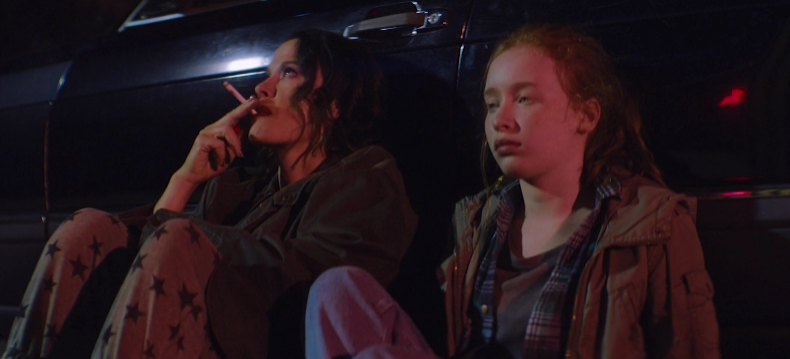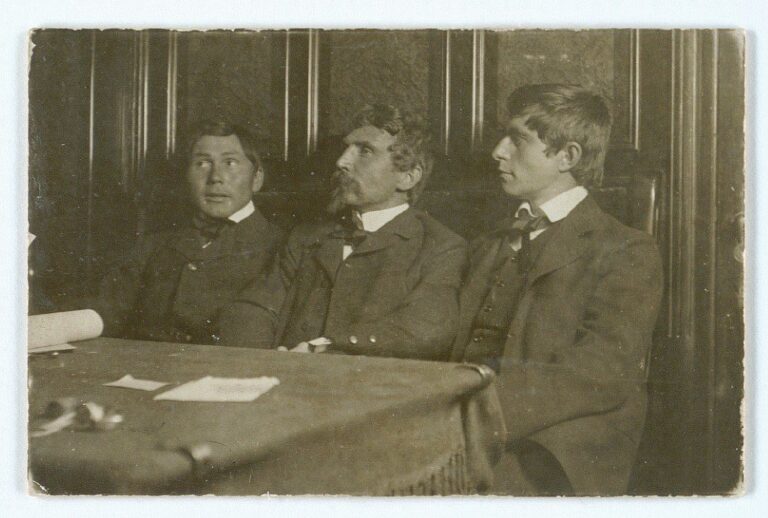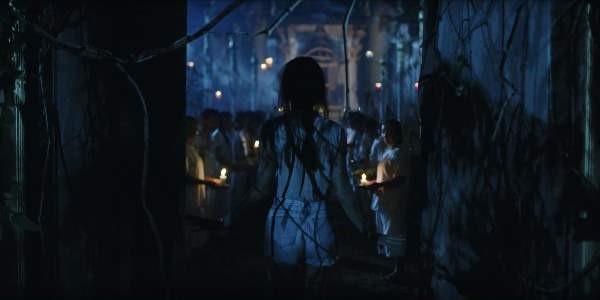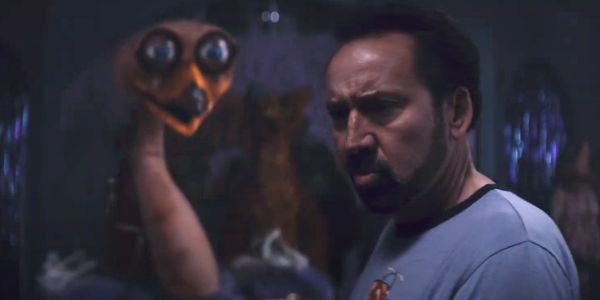The Hideaway Short Film Review
★★★
Directed by: Jane Stephens Rosenthal
Written by: Jane Stephens Rosenthal
Starring: Evee White, Austin Crist, Marcus Doyle
Film Review by: Vikas Yadav

Jane Stephens Rosenthal’s 15-minute (approx.) short, The Hideaway, is charged with the awkwardness of a teenager. It evokes memories of a time in your life when you were walking on the bridge connecting childhood to adulthood. The hormones affect your mood, the opposite sex adds fuel to your venereal desires, and you try to make sense of your external circumambient and the internal workings of your anatomy.
The Hideaway follows one such 14-year old girl named Nika (Evee White). As the short opens, we see her sitting near the oven, waiting for the food to heat up. But it’s not just the food as there is something else cooking in her mind. What is she thinking? We don’t know. It doesn’t matter in the first place. A teenage brain runs all sorts of thoughts. She may be thinking about a crush, her classes, or any other particular event. What’s important here is that her thinking process doesn’t stop. She takes a brief pause while eating the food from the oven. A casual viewer may not see any significance here. However, this scene is important because it shows how perceptive Rosenthal is.
Through Nika, Rosenthal channels the turbulence, demeanor, and attitude of a teenager with absolute honesty. The young White is game. A lot of pleasure can be derived from watching the raw performance of this actress. Look at the way she bites her lips when lost in cogitation. Or the way she hides behind the curtains before entering in front of her mother. This is the kind of act that could have easily fallen into excessive drama or a cliché. But it’s the sincerity with which this director and her star devise Nika that elevates The Hideaway.
You can relate to Nika’s relationship with her mother. They are neither too close nor too distant from each other. Their feelings for one another rely on the current situation. When Nika’s mother comes home late at night and lies beside her in bed, the girl exhibits amity. When she lectures her on the boys, the mood turns into enmity. The family is under a financial strain, as evidenced by the bounced check that drives Nika to conduct theft.
The Hideaway reveals its conflict when Nika is confronted by a rumor that her mother might not be a bartender as she had believed her to be. Turns out, she is a stripper. The search for truth takes her to the strip club, where we get one of the finest scenes in the film. As Nika watches her mother dancing on the pole, a continent of emotions flows through her face, her mind, and her eyes. She is confused, bewildered, astonished, stunned. She is unable to move. White doesn’t overdo her reaction, keeping it subtle enough for us to connect with her. If The Hideaway falters, it does so because these “continents of emotions” are not adequately explored. As a result, the final scene doesn’t land with the intimate intensity it aims for. What The Hideaway needs is an extended runtime to perfectly dive into its emotions and conflicts. Rosenthal is an adept filmmaker, and White is an intelligent actress. Others like Jo Jo Lam, as the cinematographer, imbues vitality within every frame. Someone should accommodate the proper budget for a feature film to this cluster.






